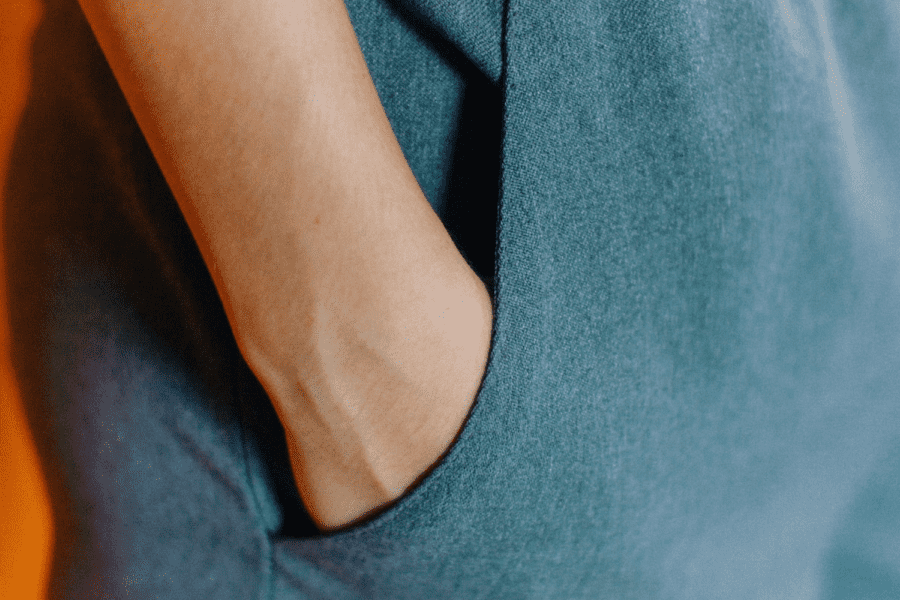Pockets IELTS Listening Answers With Audio, Transcript And Explanation
Luyện tập đề IELTS Listening Practice với Pockets được lấy từ cuốn sách IELTS Cambridge 18 - Test 2 - Section 4 kèm Answer key, list từ vựng IELTS cần học trong bài đọc và Free PDF & Audio Transcript Download với trải nghiệm thi IELTS trên máy và giải thích đáp án chi tiết bằng Linearthinking.
👂️ Audio and questions
Reason for choice of subject
They are
but can be overlooked by consumers and designers.1
Pockets in men's clothes
Men started to wear
the 18th century.2A
sewed pockets into the lining of the garments.3The wearer could use the pockets for small items.
Bigger pockets might be made for men who belonged to a certain type of
.4
Pockets in women's clothes
Women's pockets were less
than men's.5Women were very concerned about pickpockets.
Pockets were produced in pairs using
to link them together.6Pockets hung from the women's
under skirt and petticoats.7Items such as
could be reached through a gap in the material.8Pockets, of various sizes, stayed inside clothing for many decades.
When dresses changed shape, hidden pockets had a negative effect on the
of women.9Bags called 'pouches' became popular, before women carried a
.10
❓ Transcript
🔥 Answer key (đáp án và giải thích)
Giải thích chi tiết
 Thông tin mình cần nghe: "lý do chọn pockets = túi áo/quần"
Thông tin mình cần nghe: "lý do chọn pockets = túi áo/quần"
 Biết sắp nghe thấy ở "I decided to focus on a rather small area of clothing and that's pockets."
Biết sắp nghe thấy ở "I decided to focus on a rather small area of clothing and that's pockets."
 Nghe được "I chose pockets for two reasons, really. We all have them – in jeans, jackets, coats, for example – and even though we often carry bags or briefcases as well, nothing is quite as convenient as being able to pop your phone or credit card into your pocket. Yet, I suspect that, other than that, people don't really think about pockets too much and they're rather overlooked as a fashion item."
Nghe được "I chose pockets for two reasons, really. We all have them – in jeans, jackets, coats, for example – and even though we often carry bags or briefcases as well, nothing is quite as convenient as being able to pop your phone or credit card into your pocket. Yet, I suspect that, other than that, people don't really think about pockets too much and they're rather overlooked as a fashion item."
Mình có câu hỏi: They are (1) ___ but can be overlooked by consumers and designers >> mình cần điền 1 NOUN hoặc ADJ sau to be nè. pockets for two reasons We all have them >> có 2 lý do chọn pockets + quần áo nào cũng có túi nothing is quite as convenient as being able to pop your phone or credit card into your pocket >> không có gì thuận tiện bằng việc có thể nhét điện thoại hoặc thẻ tín dụng vào túi của bạn >> REASON 1 = CONVENIENT they're rather overlooked as a fashion item >> chúng thường bị bỏ qua như một phụ kiện thời trang >> REASON 2 = be overlooked
 Đáp án: convenient
Đáp án: convenient


